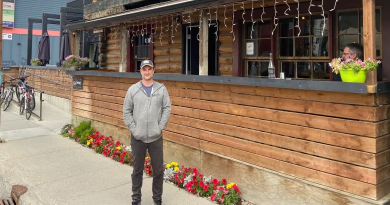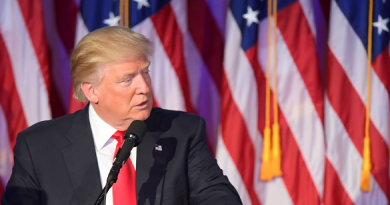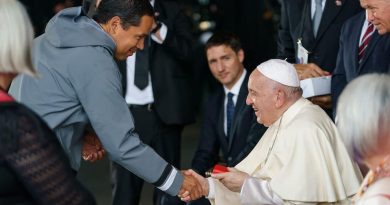Nunavummiut want to see next territorial government address high cost of food
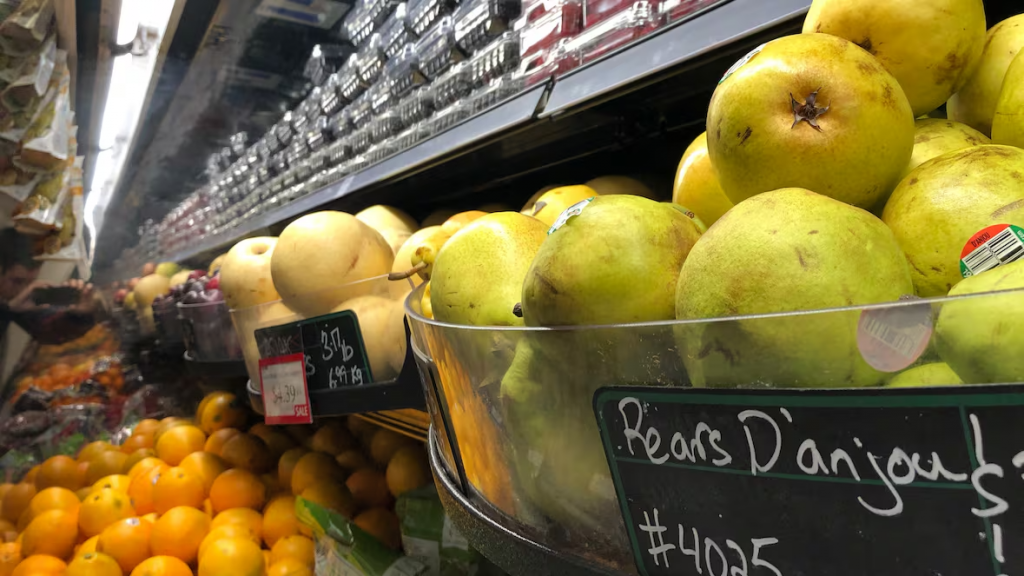
Residents head to the polls next week to elect new MLAs
As voters in Nunavut prepare to head to the polls next week, one issue is top of mind for many of them — the high cost of food.
Almost 60 per cent of Nunavut households reported being food insecure in 2024 — the highest percentage in the country, according to Statistics Canada.
In Gjoa Haven, Kenneth Mamimalik says daily essentials are getting harder to afford.
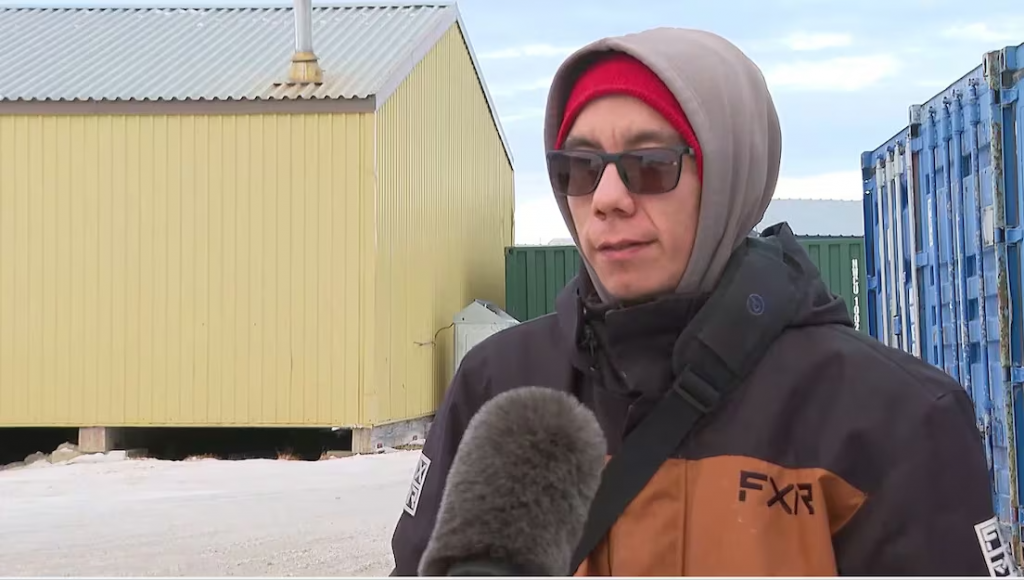
“They’re getting pretty expensive now, so I would like to see that change … so our lives could be a little bit easier,” he said. “And maybe everyone could have a happier life.”
Community food sharing through radio and social media has become an informal lifeline for many Nunavut households.
In Taloyoak, Fabien Kongelik says some families are going hungry.
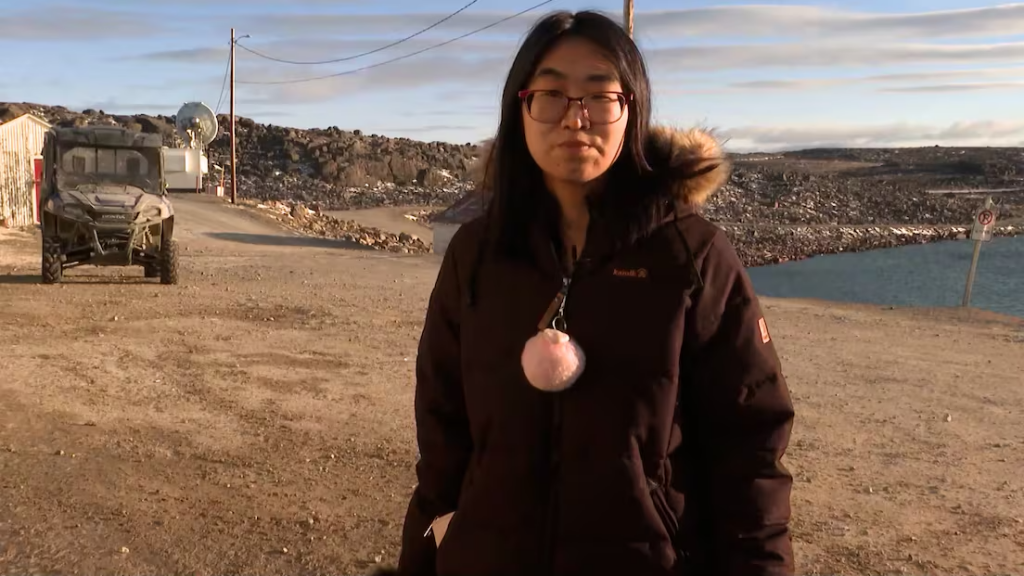
“A lot of people struggle, a lot of people go hungry and they ask for food like, online or on the radio,” Kongelik said.
According to a report called Food Prices in Qikiqtaaluk, Nunavut, 2022–2023 — done by researchers at Toronto Metropolitan University — the cost of a grocery basket in the Qikiqtaaluk region increased by 22.7 per cent between 2022 and 2023.
By comparison, the national average food-price increase during that same period was about 12 per cent.
The data comes from grocery receipts collected through the Inuit Child First Initiative food voucher program in several Baffin communities, which researchers used to track how prices changed over time.
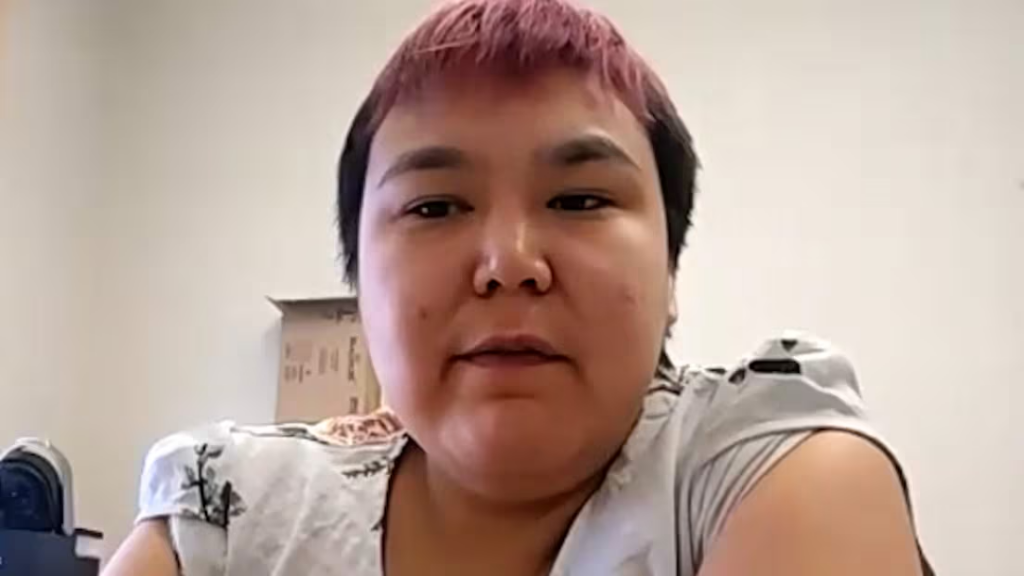
Funding denied
With ongoing changes to the Inuit Child First Initiative (ICFI) — a federal program that previously funded food vouchers in some communities — many families are struggling even more.
In Igloolik, the end of the food voucher program has left a significant void.
Carolyn Tapardjuk is a community co-ordinator for the non-profit Qupanuaq in Igloolik. Before the program ended, she coordinated the ICFI food vouchers for the local hamlet.
“Since it ended back in March 2025, many families has been struggling. There hasn’t been anything to replace it, which has created a serious food gap,” Tapardjuk said.
She said the end of the program hit families hard.
“Families are skipping meals so their kids can eat.”
She hopes the next territorial government will act to address the issue.
“For the next leader I would want the food voucher program to come back, or at least have other options like food hampers or food banks in each community.”
Food banks under pressure
In Rankin Inlet, Angnaluaaq Friesen volunteers at the Ikurraq Food Bank. She said demand for help keeps growing — especially for baby products and basic groceries that were once supported by ICFI.
“As a volunteer at the food bank, I have been getting more requests for formula, for diapers, even milk,” Friesen said.
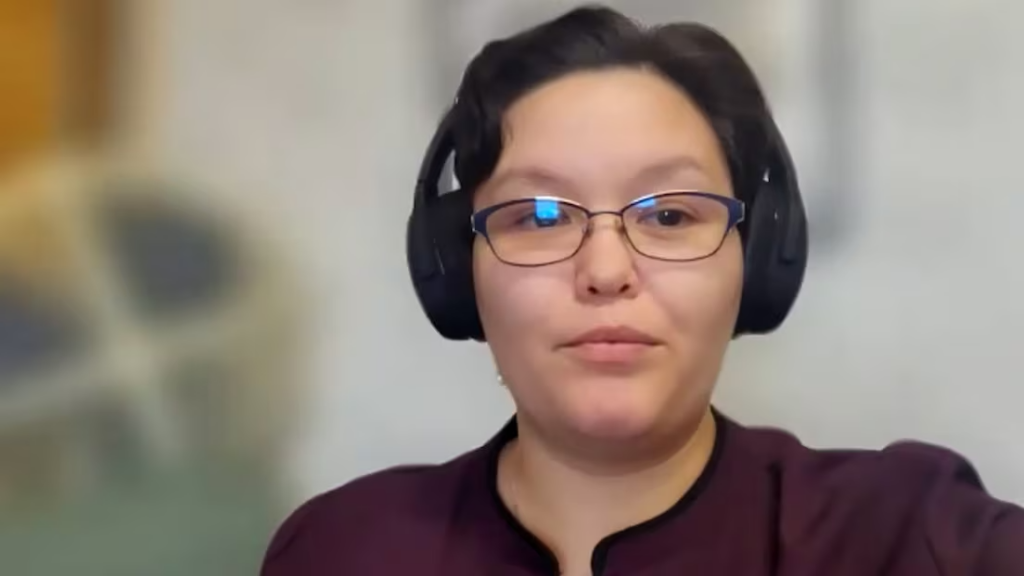
Friesen also encouraged communities to take the matter into their own hands, noting that Food Banks Canada offers useful resources for anyone interested in starting a local food bank.
As Nunavut heads to the polls, the message from communities is clear: voices are calling for lasting solutions.
Whether through renewed food voucher programs, community-led food banks, or new forms of local support, residents want leaders to take concrete steps to make food more affordable and accessible across the territory.
Related stories from around the North:
Canada: Mental health, affordability, climate change among priorities for young Nunavut voters, CBC News
Greenland: Greenland’s new parliament convenes for first time amid Trump pressure, Thomson Reuters

